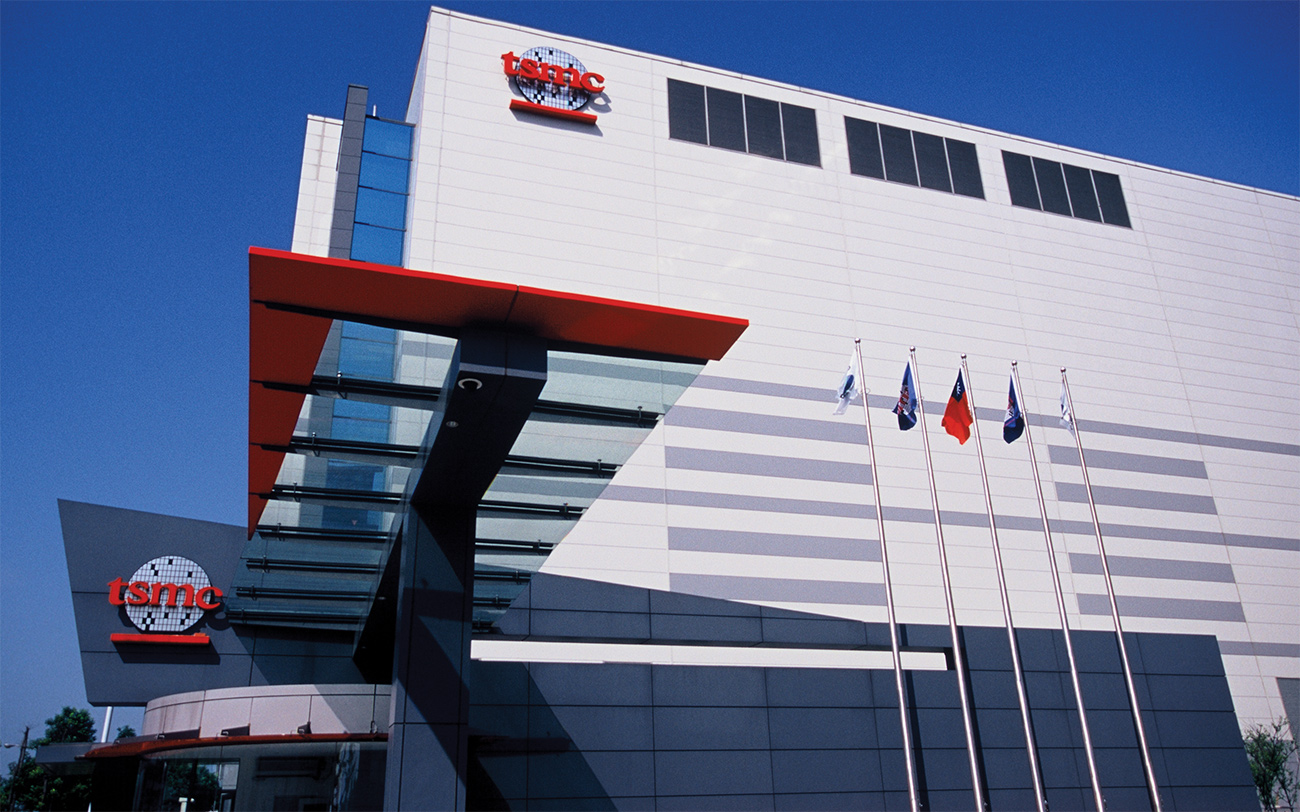
Key extreme ultraviolet lithography (EUV) equipment at TSMC is “safe and sound,” reports DigiTimes, with production back up to 70 or 80% capacity on the same day as the massive April 3 earthquake. The quake and its aftershocks didn’t leave the production facilities unscathed, however: According to the new report, the seismic interruption and the damage incurred will cost TSMC approximately $62 million. While the EUV machines are undamaged, factory beams, columns, walls, and pipelines were damaged during the quake(s) according to unnamed DigiTimes sources. Without official confirmation we must take the details with a pinch of salt.
TSMC reportedly bounced back very quickly after a series of violent earthquakes and aftershocks in Taiwan on Wednesday morning. Since that time we have been trying to ascertain the scale of the damage done to the island’s vital semiconductor industry. Companies like TSMC are notoriously secretive regarding their internal goings-on, so we have only glimpses from a handful of insiders willing to spill the beans.
TSMC’s N3 fab in Tainan and another of its fabs in Hsinchu have been affected by the following issues, say sources familiar with the firm’s operations:
- Extensive damaged wafers (Hsinchu)
- Beams broken (N3)
- Columns broken (N3)
- R&D lab wall(s) cracked (N3)
- Pipelines broken (Hsinchu)
Despite the above, we will reiterate that the most important machines, including the EUV machines, are said to be undamaged.
Precautions made when building modern semiconductor fabs seem to have mostly paid off. TSMC and other industries that were very badly affected by earthquake(s) in 1999 have readily embraced seismic management measures. Thus the buildings at the center of the industry are all built to withstand the earthquakes that are quite commonplace in Taiwan. Furthermore, the most expensive and sensitive machinery is installed in a special way designed to further insulate it from shocks, jolts, and vibrations. Tom's Hardware saw these kinds of machine-specific extra precautions in place during our Micron Taichung memory fab visit.
While advanced modern fabs may have weathered the quakes with relatively little serious damage, it is important to remember that there are a lot of supporting businesses and operations that could face more serious disruptions. Fabs require constant and reliable flows of power plus refined air, water, and chemicals to keep running smoothly.
TSMC hasn’t confirmed or denied the above specific details regarding damage to its fabs, outlined above, so please add a pinch of salt. Hopefully, more clarity will come via official investor statements and communications in due course.







